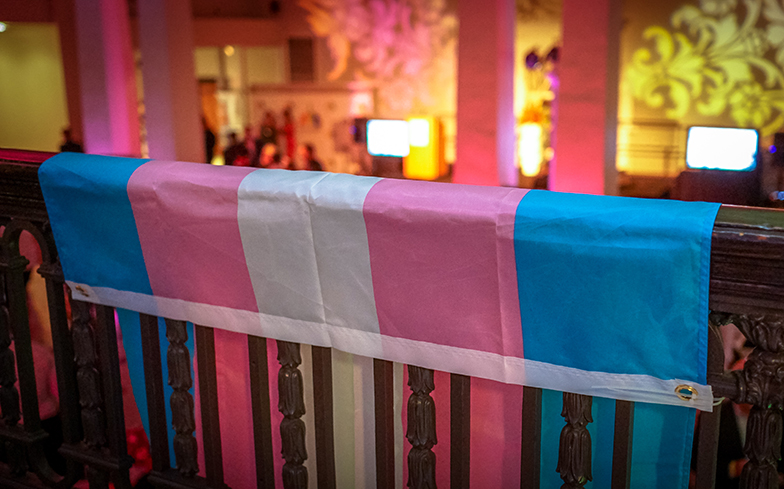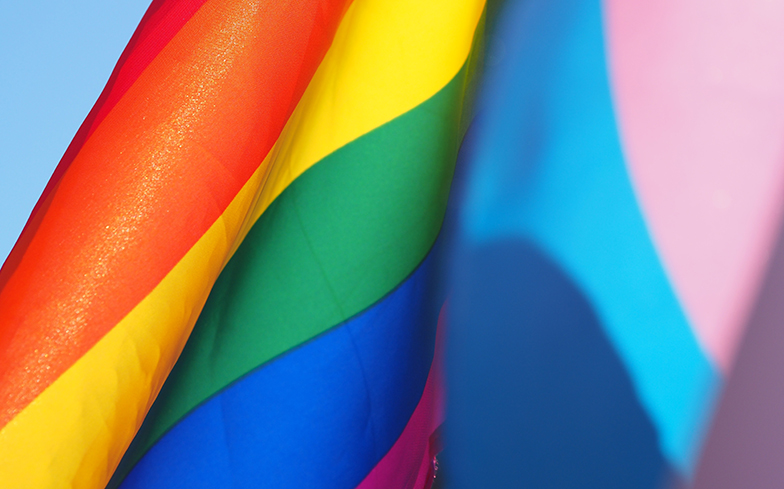
The law will be named after the transphobic politician pushing for it.
Life for trans people is already pretty terrible in Russia, but now a proposed amendment to Russia’s Family Code is set to make things harder, as it proposes making it illegal for trans people to change their legal gender.
The law, which is due to be debated in Russia’s lower house later this month, is commonly referred to as Mizulina’s Law, named after Yelena Mizulina, the homophobic and transphobic lawmaker attempting to bring it in. In the past, Mizulina lobbied for Russia’s ‘gay propaganda’ law, a 2013 law which banned the ‘promotion of homosexuality’ to minors.
Speaking to The Moscow Times, Irma Veller, a 44-year-old trans woman, said that after hearing about the law she would leave the country. “I understood that my life is of no value here anymore,” she told them.
Kyle Knight, a senior LGBT rights researcher at the Human Rights Watch, condemned the law, saying: “Trans people in Russia already occupied a precarious position vis-à-vis the law, and regressing legal standards further accomplishes nothing but to score cheap political points.”
Some fear that the proposed law could be used to prevent heterosexual trans people from getting married, as the law would view their marriage as a same-sex union, and Russian authorities could also take back already legally updated documents from trans people.
Tatiana Glushkova, a lawyer with the Transgender Legal Defence Fund, said the proposed amendments “proved” the lack of understanding about the legal process of changing gender, as the amendments proposed to remove documents not made with court approval.
“These amendments shouldn’t be accepted simply on technical grounds, not to mention the human rights violations,” she said.
Yekaterina Messorosh, a trans activist with the advocacy group T-Action, said their helpline had seen a significant increase in calls since news about the proposed law spread. “It is primarily aimed at declaring LGBT people — and in this case, trans people separately and especially — second-class citizens,” Yekaterina said.

Cecilie Johnsen
Russia has some of the, if not the, worst LGBTQ rights in the developed world. A study from earlier this year found that nearly one in five Russians advocated for “eliminating” the LGBTQ+ community from society, and nearly a third of Russians advocated for isolating the LGBTQ+ community from society.
Elsewhere, in self-governed Russian state Chechnya, gay people have been rounded up and held in modern-day concentration camps, with many of them tortured for information and some even beaten to death.
And earlier this year, a Gay Russian influencer, Ali Zabirov, who went by the name of Egor Gromov, was found murdered in a friend’s house. Egor’s body showed signs of a violent death, including bruising around his neck, indicating that he’d been strangled.
Also worryingly, violent anti-LGBTQ+ activists in Russia, linked to a SAW-themed website which promoted anti-LGBTQ+ violence, are planning to spread across Europe. In an email sent to Svetlana Zakharova, the group set out plans to expand to Warsaw, Ostrava, Berlin, Kharkov and Arnhem.
Part of the email said: “The main activity of the organisation will be the regulation of LGBT activism in Europe.”
Related: Gay artist flies giant rainbow flag in Russia to send a message to Vladimir Putin



